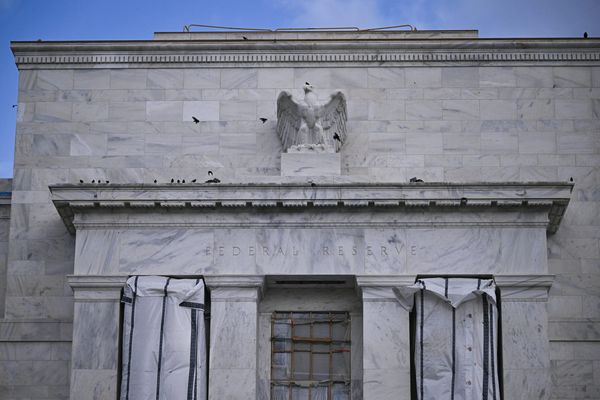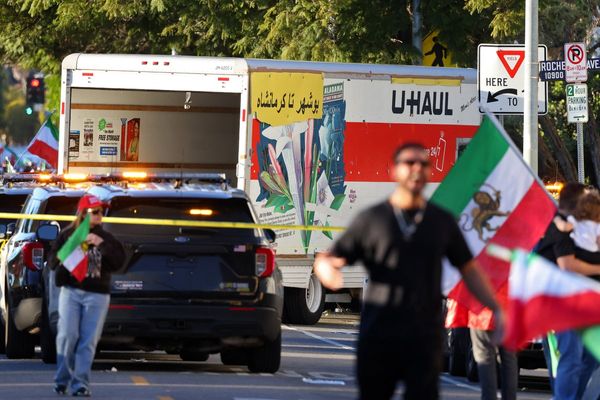Does 22 years in power change a man? Or was this Vladimir Putin's grand design all along? In justifying his invasion of Ukraine, the master of the Kremlin talked of "denazification" and how Russians and Ukrainians are the same people. Now, with the ground offensive failing to net a quick win, Moscow is reportedly dialling back the "denazification" part. We ask if it's true.
But more broadly, the war did not happen in a vacuum: of all the former Soviet states, Ukraine is the one with the largest Russian population. The breakup of the USSR was described by Putin way back in 2005 as the last century's "greatest geopolitical catastrophe." And just as the Russian president has had 22 years to consolidate his grip on the oligarchs, the media and the security apparatus, he has also moved methodically to restore and grow the grandeur of Russkiy mir, the Russian world.
He even has the blessing and backing of the Russian Orthodox Church, which looked reluctantly on his 2014 annexation of Crimea. That was before the Ukrainian church split with Moscow. We ask about a mindset that cannot be reduced to one man and one moment. How does that mindset now evolve in a nation that is surprised to find itself at war with its neighbour?
Produced by Charles Wente, Juliette Laurain and Léopoldine Iribarren.








